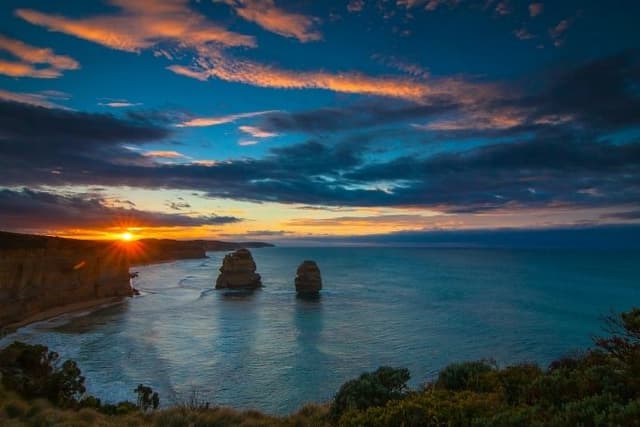
Earth Hour - Choosing Your Climate Future
Lesson11 of 15 in this unit
SecondaryYear 7 - 8EnglishEnvironmentalClimate Change
Summary
Lesson guides and printables
Lesson Plan

Student Worksheet

Teacher Content Info


Lesson Plan

Student Worksheet

Teacher Content Info
